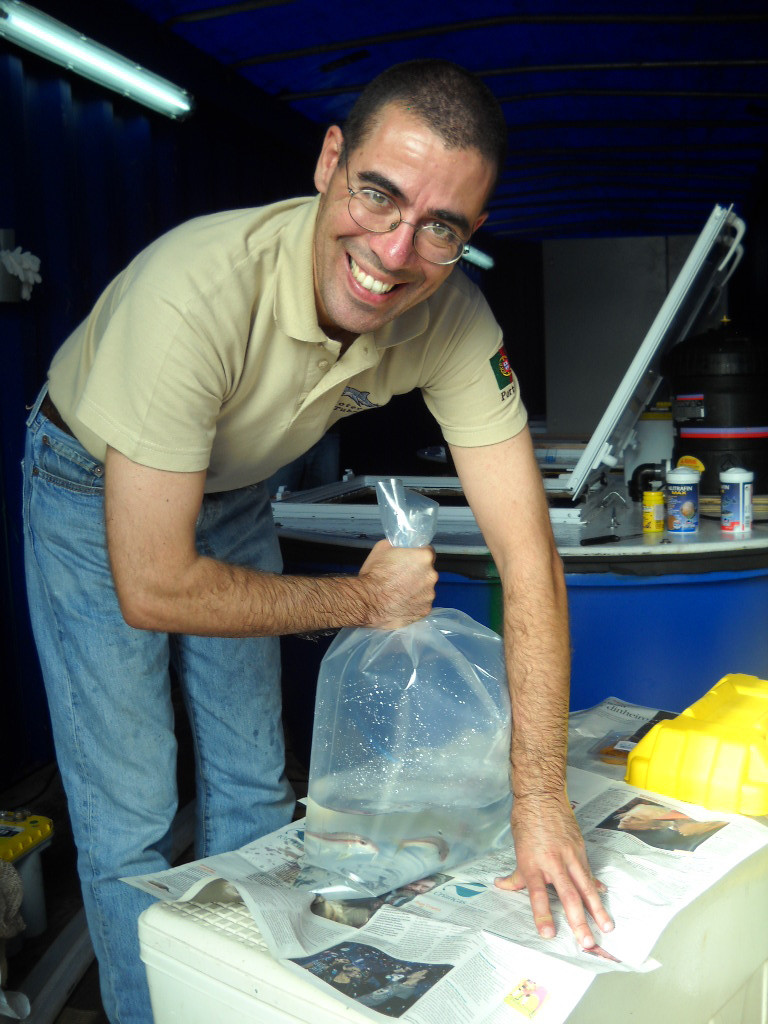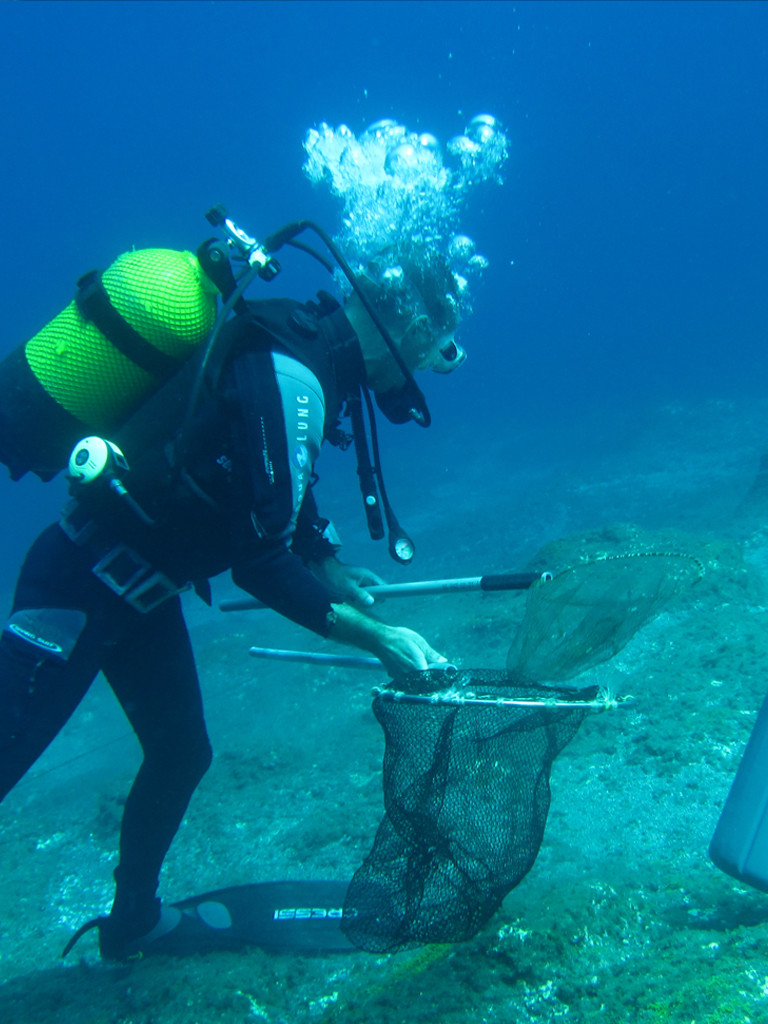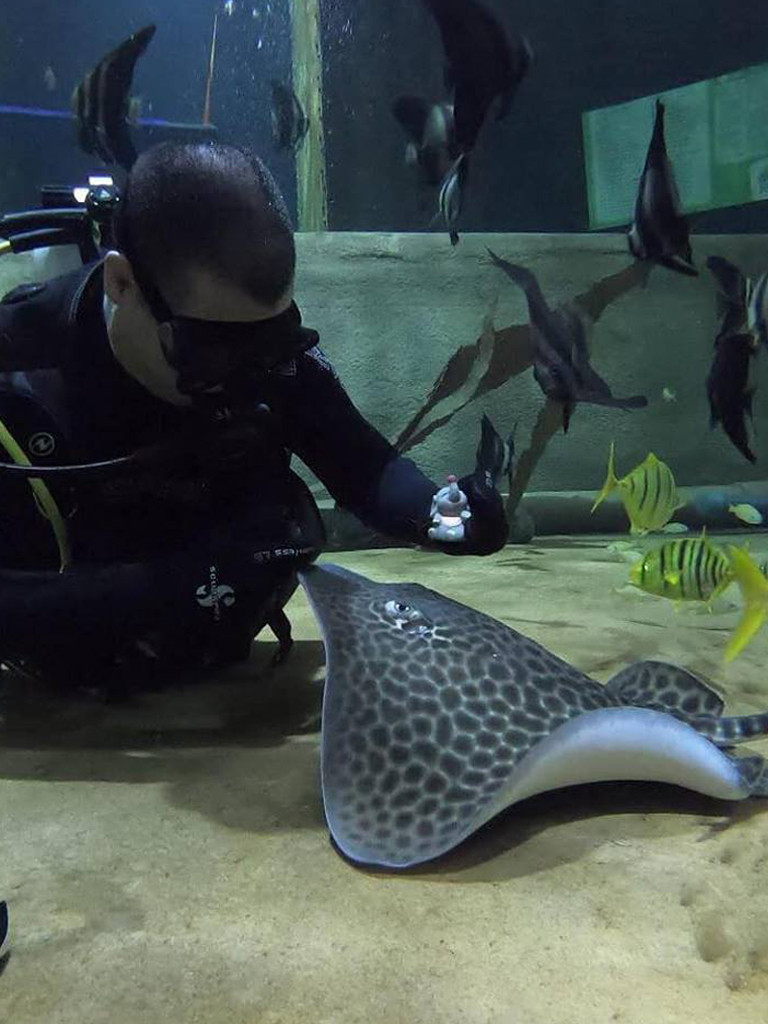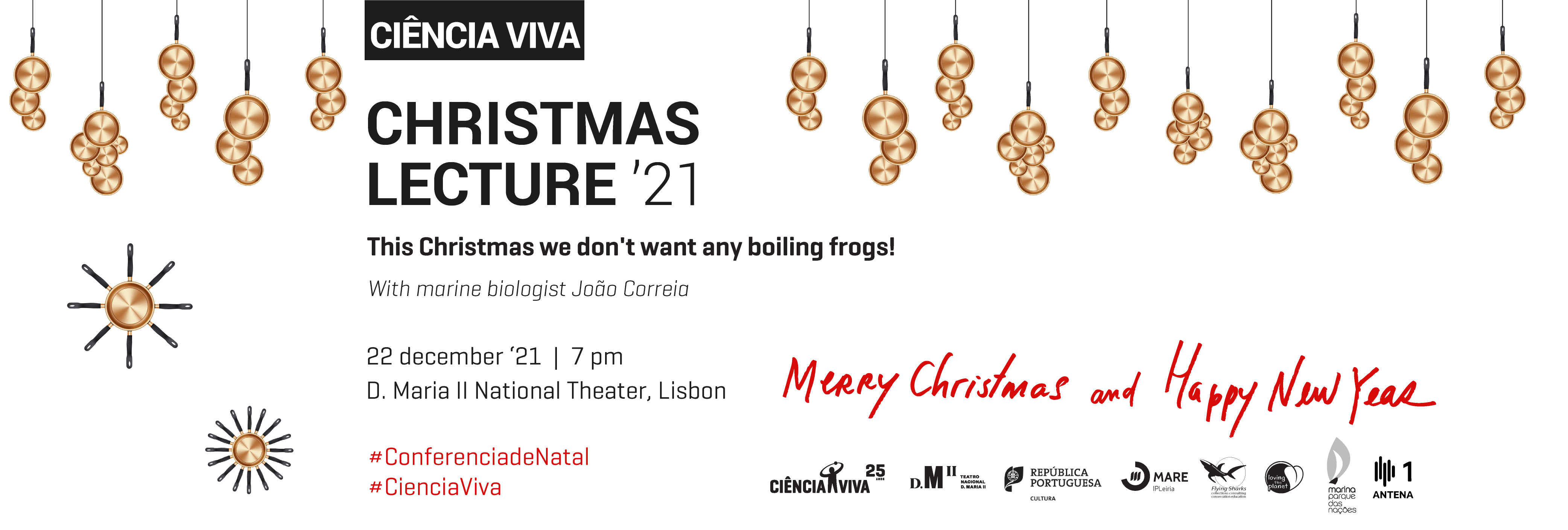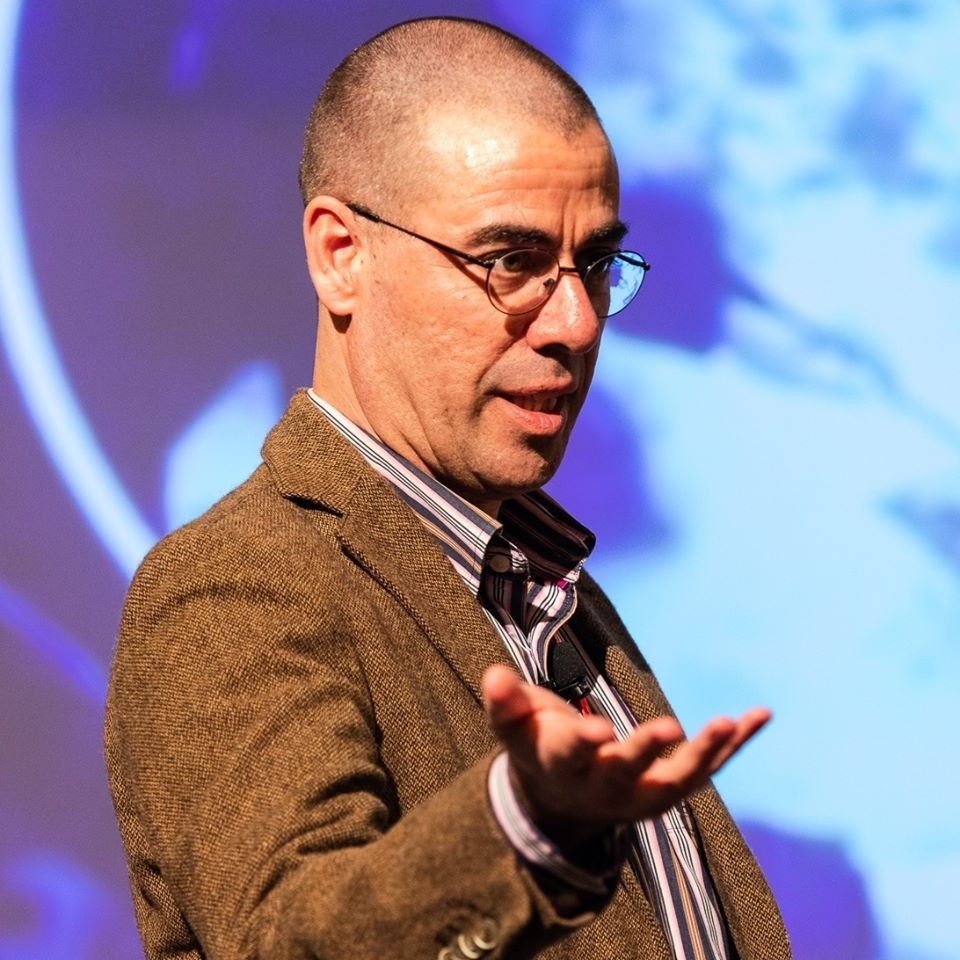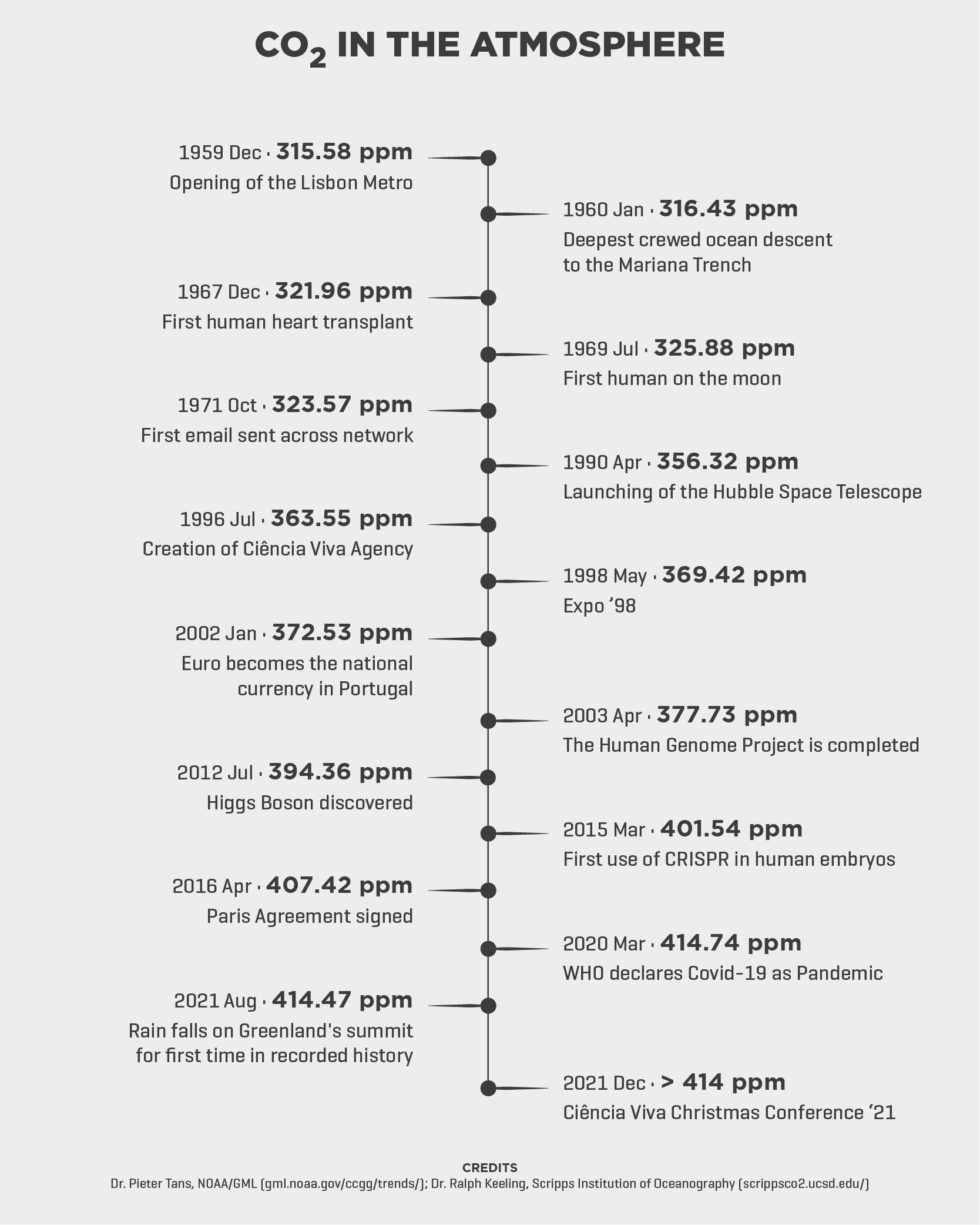This Christmas we don´t want any boiling frogs!
No one can deny the effects of climate change. Temperatures rise, polar ice caps melt, the average sea level rises, fires and storms are becoming more intense. The innumerous consequences of climate change are felt all around the world, affecting several parts of the globe in different ways.
Like a frog swimming peacefully in a pot slowly coming to a boil, humankind is lapping in an increasingly hot planet. With temperatures rising so fast, we need to find ways to lower the heat. This year, Ciência Viva Christmas Conference invites the marine biologist João Correia on board of the D. Maria II National Theatre, to unravel what happens when the temperature rises, and how we can turn off the heat of this boiling planet.
The Ciência Viva Christmas Conferences are organized in partnership with national and international renowned scientific institutions. They are inspired by London’s Royal Institution Christmas Lectures, started by Michael Faraday in 1825, for audiences of all ages.
Live streaming : Watch it here.
